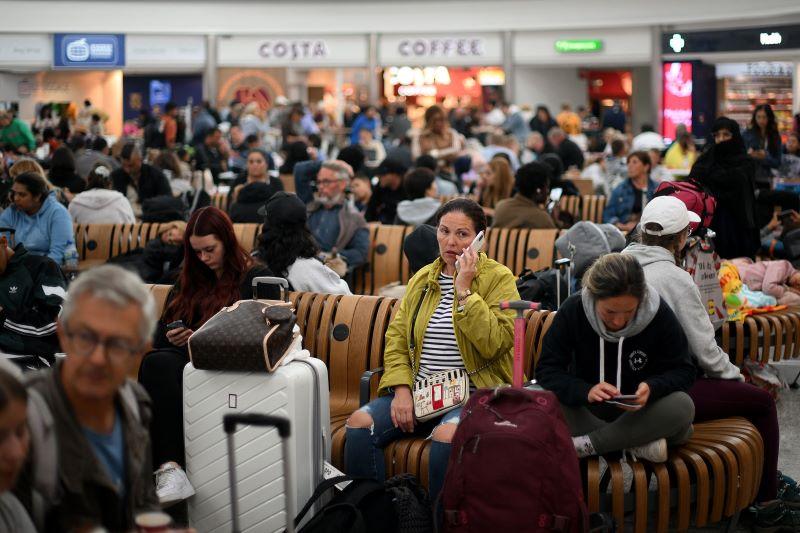UK ATC Meltdown Raises NATS, CAA Oversight Questions, IATA Says

Credit: DANIEL LEAL / AFP / Getty Images
Following the Aug. 28 UK air traffic control (ATC) meltdown, the International Air Transport Association (IATA) says the country’s National Air Traffic Services (NATS) provider has “questions to answer” and is raising concerns over UK Civil Aviation Authority (CAA) oversight of NATS’ resilience plan...
Subscription Required
This content requires a subscription to one of the Aviation Week Intelligence Network (AWIN) bundles.
Schedule a demo today to find out how you can access this content and similar content related to your area of the global aviation industry.
Already an AWIN subscriber? Login
Did you know? Aviation Week has won top honors multiple times in the Jesse H. Neal National Business Journalism Awards, the business-to-business media equivalent of the Pulitzer Prizes.





